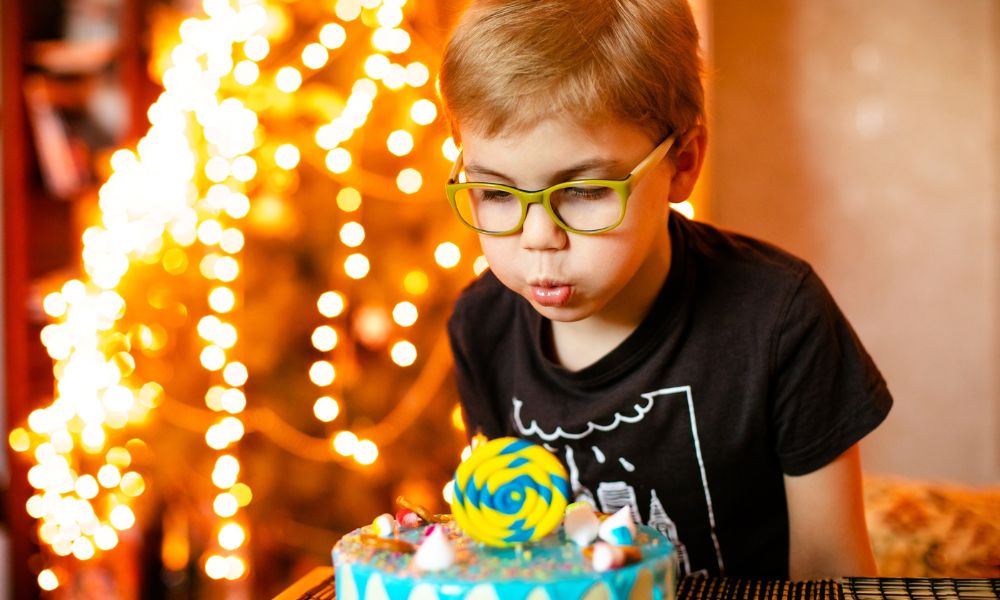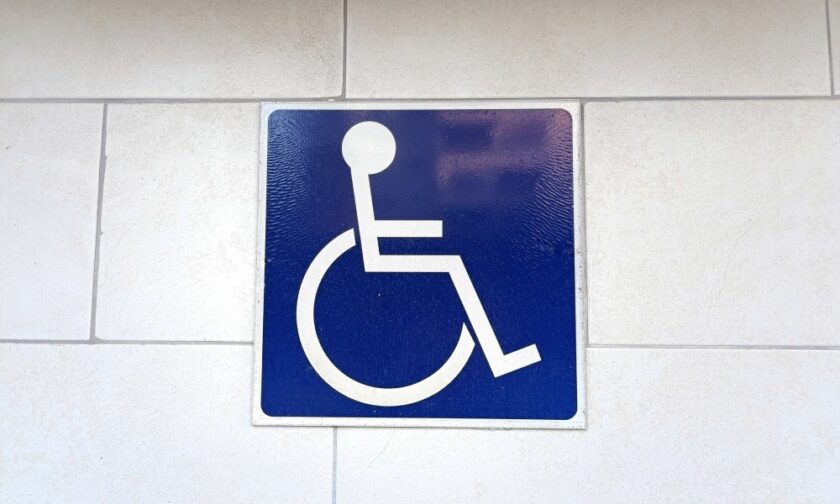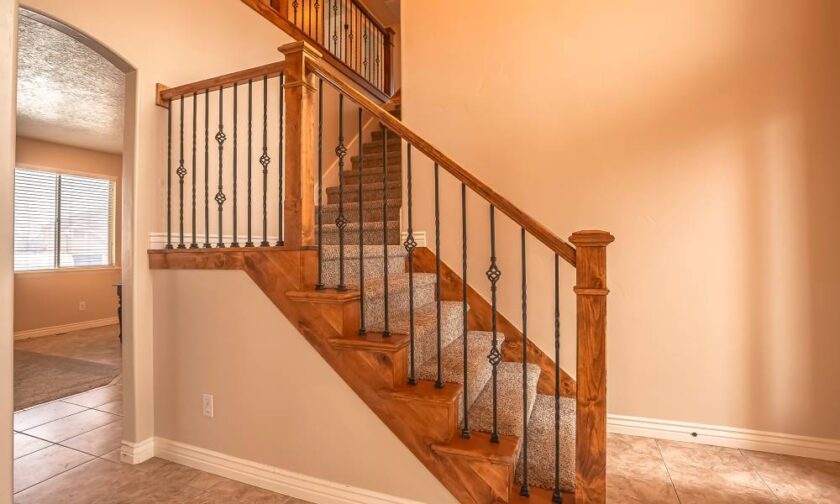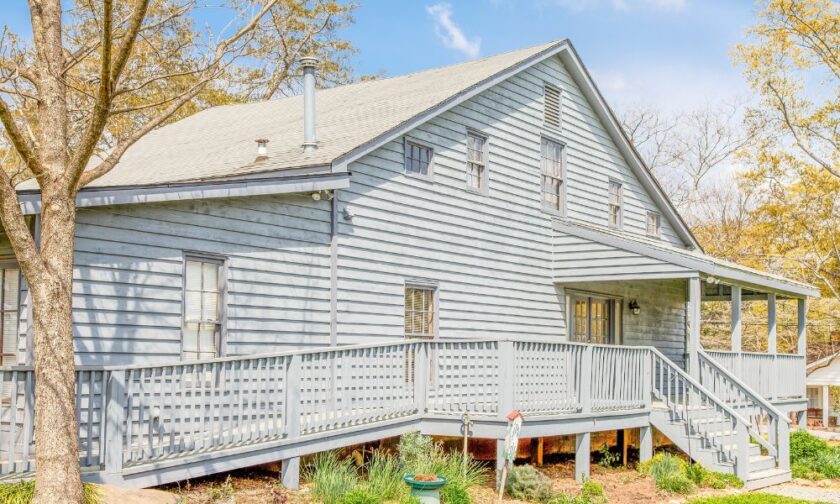Laws and regulations requiring accessibility and accommodation for children with special needs have been in place long enough for most kids of school age to have classmates and friends with disabilities. This should make planning a party for a child with special needs a little easier, but there are still lots of things to consider.
Reach Out to Parents
Families of typical kids may be perplexed about how to prepare their children to attend a party for a special needs child, or nervous about how to select a gift. Ideally, you will already have gotten to know several parents of kids your child’s age. Be ready to reassure parents and enlist their support in making your child’s party a success.
Have a backup plan for rescuing the party if you don’t get the RSVPs you hoped you would. Family, neighbors, and even local firefighters might be available to step in and make your child’s day special.
Involve Your Child in Making the Guest List
Whether your child is home-schooled, “mainstreamed” in public school, or attending a class composed of all kids with special needs, they will have opinions about the friends they’d like to invite. Keep the numbers manageable so your birthday child won’t be overwhelmed.
Don’t Make Food the Centerpiece
Many of your child’s friends will also have special needs, who may have widely varying dietary needs and preferences. If your child can’t eat cake, don’t serve one. Ask invitees (the parents who will respond) to identify dietary restrictions in their RSVP, and explain that due to food sensitivities, there won’t be cake and ice cream, but lots of other kinds of fun!
Check Out the Venue
Inviting several kids over to your home may be more than you can handle. Churches, libraries, and movie theaters may all accommodate birthday parties. Visit potential venues to check out their suitability for kids with special needs.
If you’re a resident of California, you can be fairly certain that a venue open to the public will have ADA-compliant and accessible restrooms. Although that’s not always the case with older buildings where the cost to retrofit for accessibility would be substantial, all places of public accommodation must comply with the federal ADA law. Make sure you’re satisfied that there are ramps, wide doorways, proper signage (including Braille), and restrooms that can accommodate various special needs.
Plan a Few Quiet Activities
Birthday parties don’t have to be boisterous. In fact, kids with sensory issues will find loud music, flashing lights, and the constant “Ding, ding, ding!” of arcades or other commercial birthday party venues upsetting. A quiet craft activity, a sing-along, story time, or a game where the kids just bat a balloon around to each other is perfectly fine.
When you’re planning a party for a child with special needs, keep the party short. Kids with special needs can get worn out from overexcitement quickly, and you shouldn’t feel pressured to keep the party going longer than the kids can enjoy it. Remember that no one knows your child better than you. Don’t feel like you must keep up with other parent’s party extravaganzas. If you know your child would be happiest celebrating their birthday with just family, or even not at all, that’s perfectly OK.






